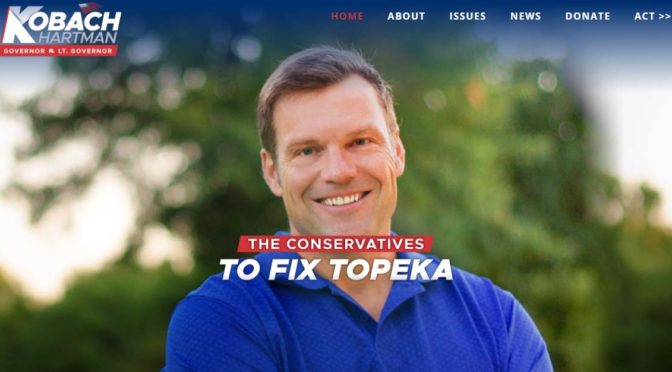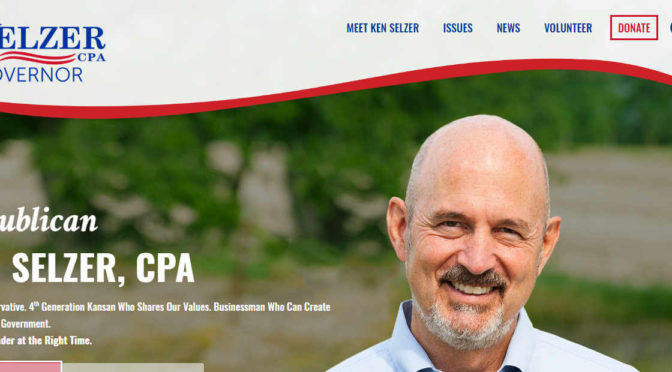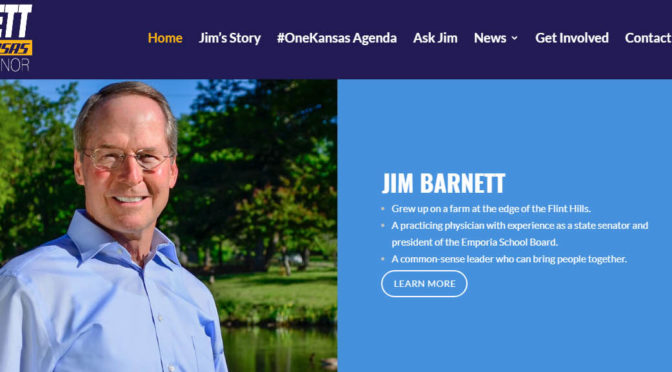Category: Politics
-

Hugh Nicks on character and respect in Sedgwick County
In the campaign for a Sedgwick County Commission position, character is an issue.
-

From Pachyderm: Kansas Secretary of State Candidates
From the Wichita Pachyderm Club: Kansas Secretary of State Candidates. This was recorded July 27, 2018.
-

An endorsement from the Wichita Chamber of Commerce
When the Wichita Regional Chamber of Commerce Political Action Committee endorses a candidate, consider what that means.
-

Project Wichita survey
The Project Wichita survey is about to end. Will it have collected useful data?
-

From Pachyderm: Kansas Governor Dr. Jeff Colyer
From the Wichita Pachyderm Club: Kansas Governor Dr. Jeff Colyer, who is also Candidate for Kansas Governor. This is part of a series in which all major Republican candidates will speak. Recorded May 18, 2018.
-

From Pachyderm: Kris Kobach, Candidate for Kansas Governor
From the Wichita Pachyderm Club: Kris Kobach, Kansas Secretary of State and Candidate for Kansas Governor. This is part of a series in which all major Republican candidates will speak.
-

From Pachyderm: Ken Selzer, Candidate for Kansas Governor
From the Wichita Pachyderm Club: Ken Selzer, Kansas Insurance Commissioner and candidate for Kansas Governor.
-

From Pachyderm: Jim Barnett, Candidate for Kansas Governor
From the Wichita Pachyderm Club: Dr. Jim Barnett, candidate for Kansas Governor.
-

Jobs in Sedgwick County
Showing monthly value and 12-month trailing moving average. Source is Bureau of Labor Statistics, Quarterly Census of Employment and Wages.
-

Mayor Longwell’s pep talk
A column written by Wichita Mayor Jeff Longwell ignores the reality of Wichita’s economy.
-

NOTA a needed voting reform
“None of the Above” voting lets voters cast a meaningful vote, and that can start changing things.
-

We need NOTA, now
“None of the Above” voting has issues to resolve, but the current system has many problems.